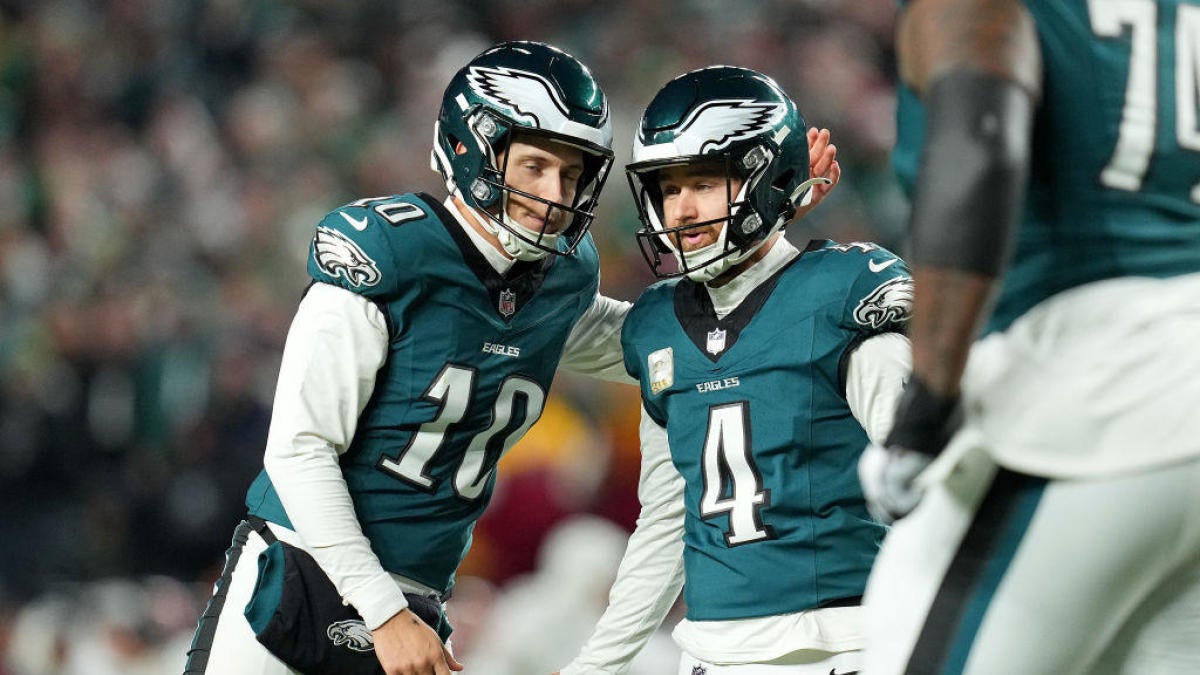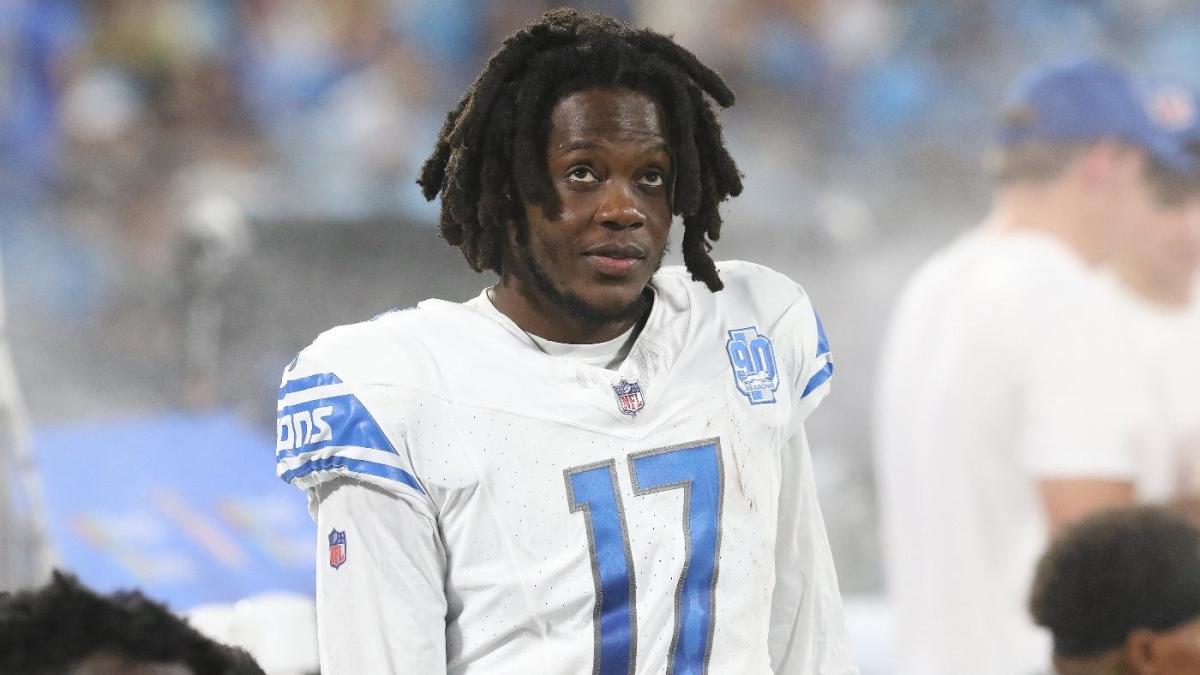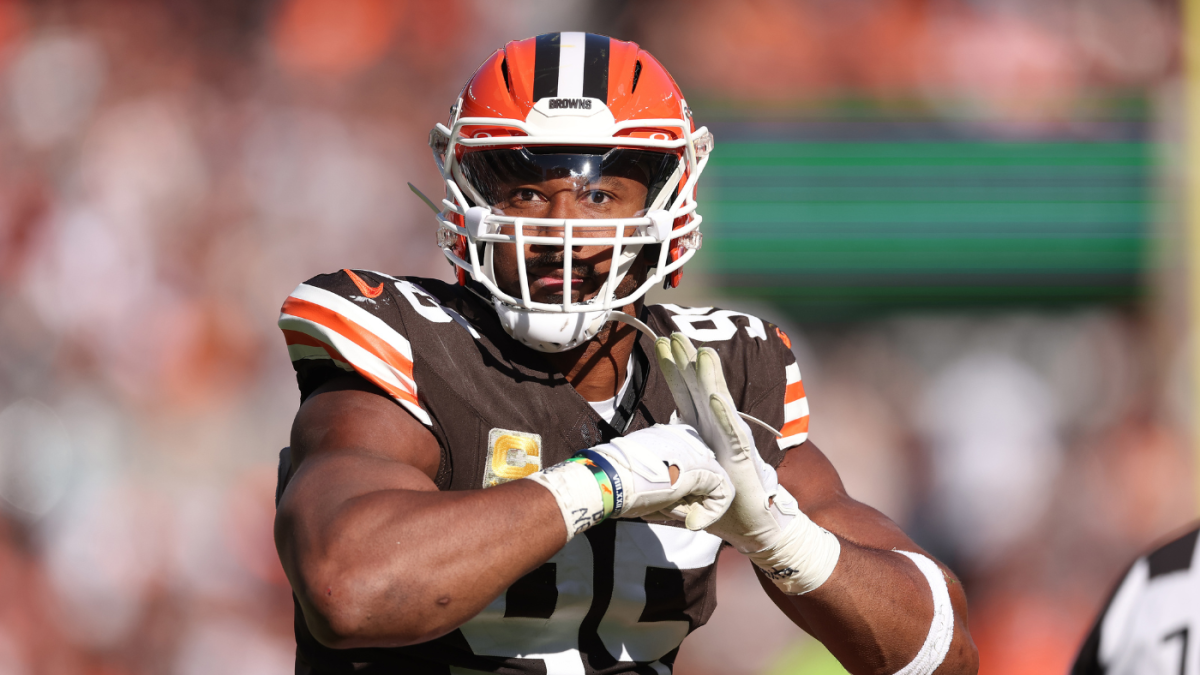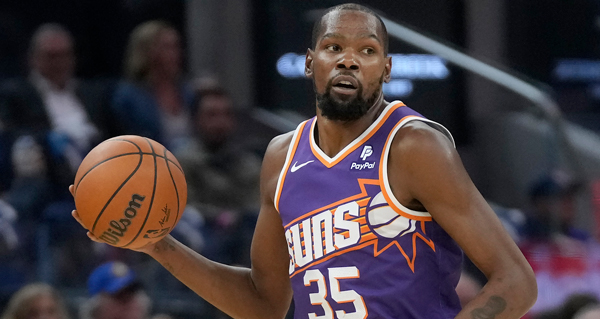The Dallas Cowboys‘ season came to a shocking end in the wild-card playoff round with a 48-32 home loss to the Green Bay Packers. A No. 7 seed hadn’t won a postseason game since the NFL expanded the playoffs to 14 teams in the 2020 season.
Cowboys quarterback Dak Prescott took his share of the blame for the historic upset loss. “I sucked tonight, that was it,” said Prescott postgame.
Prescott completed 41 of 60 passes (68.3%) for 403 yards with three touchdowns and two interceptions, including one for a pick six. The stat line is misleading because Prescott did most of his damage in garbage time. Green Bay’s first-year starting quarterback Jordan Love thoroughly outplayed Prescott. After trailing the Packers 48-16 in the fourth quarter, Prescott connected on 17 of 21 passes (81%) for 210 yards with two touchdowns.
The early playoff exit and Prescott’s inability to elevate his game when it matters most is overshadowing his outstanding regular season. Prescott earned second-team All-Pro honors for the first time in his eight NFL seasons because he had a career year. The 2016 NFL Offensive Rookie of the Year posted career highs in completion percentage (69.5%) and passer rating (105.9). Prescott’s league-leading 36 touchdown passes and 4,516 passing yards are the second-best marks of his career. He is expected to be a finalist for NFL MVP and the likely runner-up.
The 2024 season will be the final of a four-year, $160 million deal, averaging $40 million per year, Prescott signed in March 2021. At the time, that deal made him the NFL’s second-highest-paid player despite the fact that he was recovering from a gruesome right ankle injury that sidelined him five games into the 2020 season. Prescott is scheduled to make $34 million in 2024 on a $59.455 million salary cap number thanks to Dallas restructuring his contract for cap purposes on three different occasions since he signed. The $34 million consists of an unsecured $29 million base salary and a $5 million fifth day of the league year roster bonus due on March 17.
Prescott still has leverage in any contract extension talks despite his performance against the Packers. His $59.455 million is the NFL’s second-highest 2024 cap number behind Browns quarterback Deshaun Watson’s $63.977 million. Prescott has a no-trade clause in his contract. He also has a provision preventing Dallas from designating him as a franchise or transition player in 2025 should he play out his contract.
The Cowboys will surely use Prescott’s playoff shortcomings against him in contract discussions. Prescott hasn’t had a deep playoff run in his eight years under center. The last time the Cowboys advanced beyond the divisional playoffs was during the 1995 season. Prescott’s 2-5 postseason record is tied for the worst in NFL history with Billy Kilmer and Alex Smith for any quarterback having at least five playoff starts. In the seven playoff games, Prescott has completed 64.5% of his passes (178 of 276 attempts) for 1,962 yards with 14 touchdowns and seven interceptions to post a 91.8 passer rating.
The Cowboys aren’t really in a position to handle Prescott’s $59.455 million cap hit. Dallas is currently facing $268.687 million in 2024 cap commitments, according to NFLPA data, using offseason salary cap accounting rules where only the top 51 salaries (i.e.; cap numbers) matter. A little more than $4.902 million of unused 2023 cap space is being carried over to the 2024 league year. The 2024 salary cap is expected to be between $240 million and $245 million. Dallas is projected to have a $21.295 million overage if the 2024 salary cap is set at $242.5 million.
Lowering Prescott’s 2024 cap number through an extension conceivably could erase the entire overage depending upon how the deal is structured. The Cowboys have two other potential big-ticket items that are likely to be addressed this offseason. Wide receiver CeeDee Lamb, who earned first-team All-Pro honors, is entering a contract year in which he is set to make a fully guaranteed $17.991 million on his fifth-year option, while 2021 NFL Defensive Rookie of the Year Micah Parsons became eligible for a contract extension after the 2023 regular season ended on Jan. 7.
The Cowboys’ alternatives to a Prescott contract extension are problematic. A portion of Cowboys Nation would like for Prescott to be released because of his constant playoff shortcomings with the quarterback reins being turned over to Cooper Rush or 2021 third overall pick Trey Lance, who was acquired from the 49ers during the preseason for a 2024 fourth-round pick.
Prescott is generally considered a top 10 quarterback who is in his prime. He turns 31 in July. Teams typically don’t make a habit of cutting this type of quarterback especially when coming off an MVP-caliber season. Prescott would have no shortage of suitors on the open market if the Cowboys let him go.
Releasing Prescott isn’t practical anyway. The Cowboys would be contending with $61.915 million of dead money, a salary cap charge for a player no longer on a team’s roster, relating to Prescott. The dead money would be taken over the next two years with $25.455 million in 2024 and $36.46 million in 2025 through the use of a post-June 1 designation. The big drawback is the Cowboys would have to carry Prescott’s full $59.455 million 2024 cap number on the books until June 2 when there would be $34 million of cap relief. The Cowboys would have to find other ways than Prescott to erase overage to be cap compliant when the 2024 league year started on March 13.
Trading Prescott isn’t feasible either. Prescott would have to be willing to waive his no-trade clause. There isn’t any indication that Prescott is looking to leave Dallas.
The acquiring team, which would have to be approved by Prescott, would need to have enough cap room to absorb his $34 million 2024 salary, provided he is moved before the roster bonus is due. It would be $29 million with a trade occurring after March 17. The acquiring team would likely have to meet Prescott’s financial demands on a new deal as well.
The Cowboys would have $61.915 million of 2024 dead money with a timely trade bringing back 2024 draft capital. A post-June 1 designation doesn’t apply to a trade. It can only be used when a player is released. The 2024 dead money would increase by $5 million to $66.915 million if Dallas moved Prescott after the roster bonus became a Cowboys payment and cap obligation.
Dallas could restructure Prescott’s contract instead if an impasse is quickly reached in negotiations or the appetite to do a contract extension has changed because of the Packers game. Prescott’s contract already has 2025 and 2026 contract years automatically voiding on the last day of the 2024 year. The automatic conversion rights in Prescott’s contract would allow the Cowboys to create as much as $21.86 million of cap space by converting salary into signing bonus before the March 17 date of the roster bonus. Prescott’s consent would be needed to add voiding/dummy 2027 and/or 2028 contract years. By Prescott playing out his contract and testing the open market in 2025 free agency, the Cowboys would be facing $58.32 million in 2025 dead money with a maximum contract restructure assuming a $242.5 million 2024 salary cap. The Cowboys would get a 2026 third-round compensatory pick at best from Prescott’s departure in this manner.
A contract extension may be Dallas’ most viable option even though the season ended prematurely on an extremely sour note. Presumably, Prescott didn’t fight for the no-trade clause and franchise/transition tag prohibition not to use the provisions to his advantage in negotiations. If Prescott empowered his representatives to do what they see fit, the end result would likely be Prescott becoming the league’s highest-paid player while establishing new benchmarks for most important contract metrics besides Watson’s $230 million in his five-year, fully guaranteed contract despite the lack of success in the playoffs.
Postseason success isn’t a prerequisite for becoming the NFL’s highest-paid player. Matthew Stafford had a 0-3 playoff record when the Lions put him at the top of the league’s salary hierarchy in 2017. Kirk Cousins had lost his lone playoff game when he reset the quarterback market in 2018 as the Vikings gave him the league’s first multiyear, fully guaranteed veteran contract.
More recently, Lamar Jackson agreed to a five-year, $260 million deal, averaging $52 million per year, shortly before the start of the 2023 NFL Draft in late April, although the 2019 NFL MVP has one win in the four playoff games he has played. Justin Herbert only had one postseason appearance when he eclipsed Jackson with a five-year, $262.5 million extension, averaging $52.5 million per year, signed at the start of training camp in late July. The Chargers blew a 27-7 halftime lead to lose to the Jaguars 31-30 last season in a wild-card game.
Four different quarterbacks (Jalen Hurts, Jackson, Herbert and Joe Burrow) raised the bar for NFL salaries in 2023. Burrow is the current standard for conventional deals. He received a five-year, $275 million extension, averaging $55 million per year, in early September as the start of the regular season was approaching. The deal is worth up to $281.25 million thanks to $1.25 million of annual incentives in the extension years (2025 through 2029). Burrow has $219.01 million of salary guarantees, of which $146.51 million was fully guaranteed at signing. He got an extremely player-friendly structure from the Bengals in which the first three new contract years average $61,320,327 per year.
The average increase of those four times the quarterback salary bar was raised in 2023 is 2.3%. Prescott getting a comparable increase would essentially put him at the maximum $56.25 million per year value of Burrow’s extension.
Prescott probably wouldn’t want to give more than four new years like he did with his current contract, although signing for five new years has become the norm at the top of the quarterback market. That’s what happened in each case last year. Removal of the no-trade clause or provision preventing a franchise or transition designation would likely be deal-breakers for Prescott.
Dallas can optimize 2024 cap relief if Prescott isn’t insistent on getting an NFL-record signing bonus like the $66 million was at the time in his current contract. Jackson now has that distinction with his $72.5 million signing bonus. Getting to at least $150 million fully guaranteed at signing and more than Watson’s $230 million in total guarantees might be something important to Prescott’s camp.
It wouldn’t be surprising for Prescott’s camp to use Burrow’s average over his first three new years to justify $60 million per year. Overall, the top of the quarterback market increased in 2023 by 9.41% from 2022. A $60 million-per-year extension would be a 9.09% increase over Burrow’s deal.
Cowboys owner Jerry Jones had been repeatedly stating he expected Prescott to be his quarterback for a long time and a new deal was on the horizon prior to the playoff debacle. Whether Jones has had a change of heart, remains to be seen.
Go to Source
Author: Joel Corry
January 17, 2024 | 4:36 pm
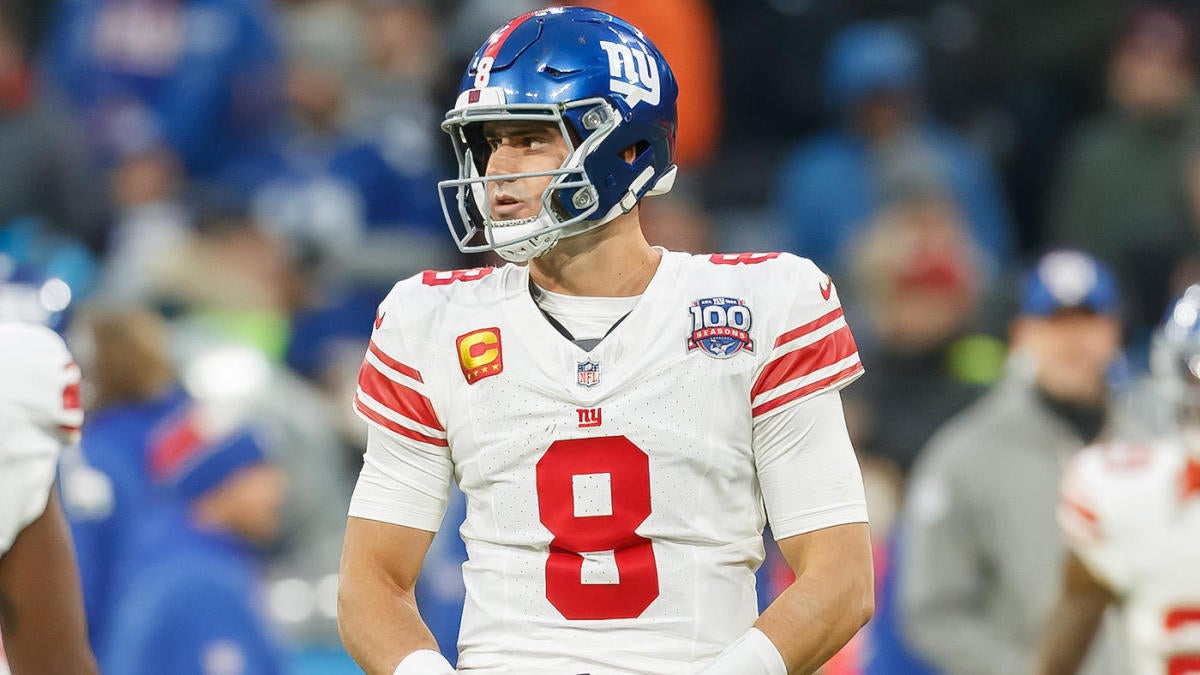
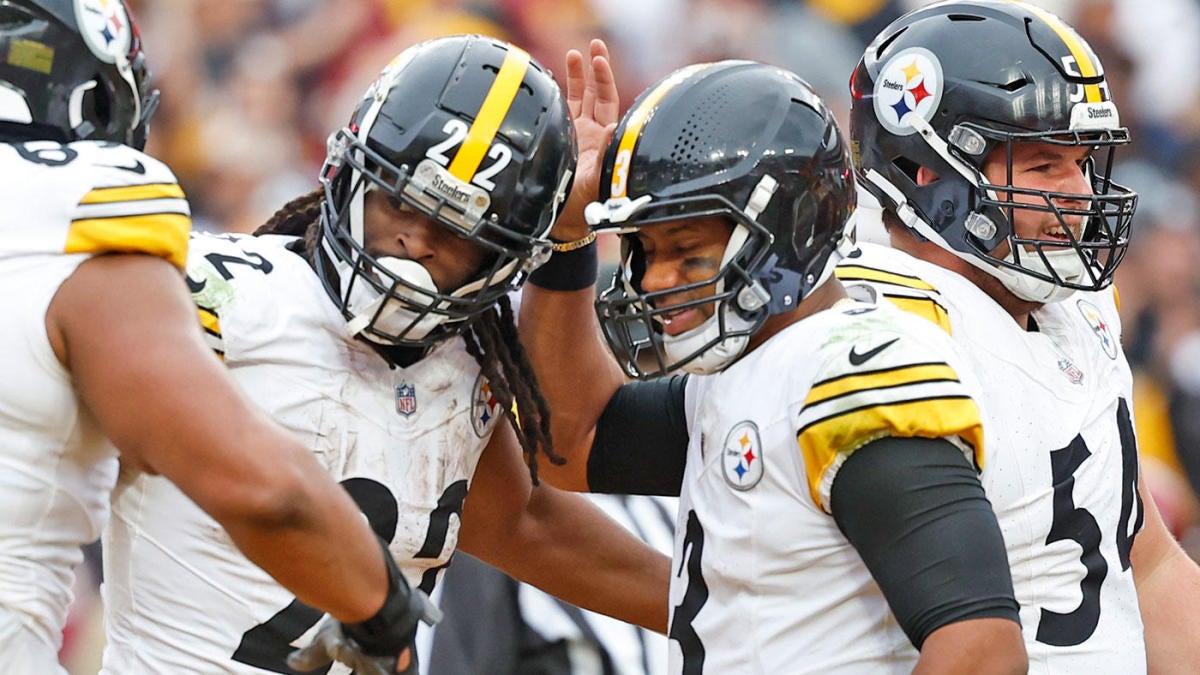
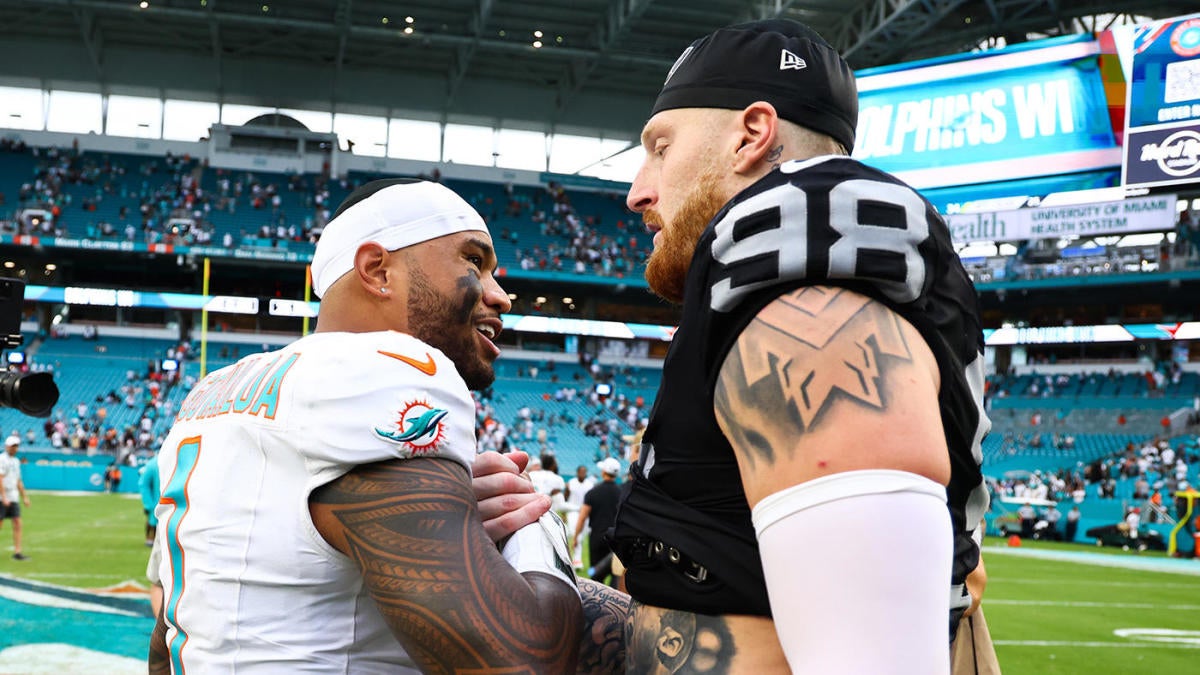
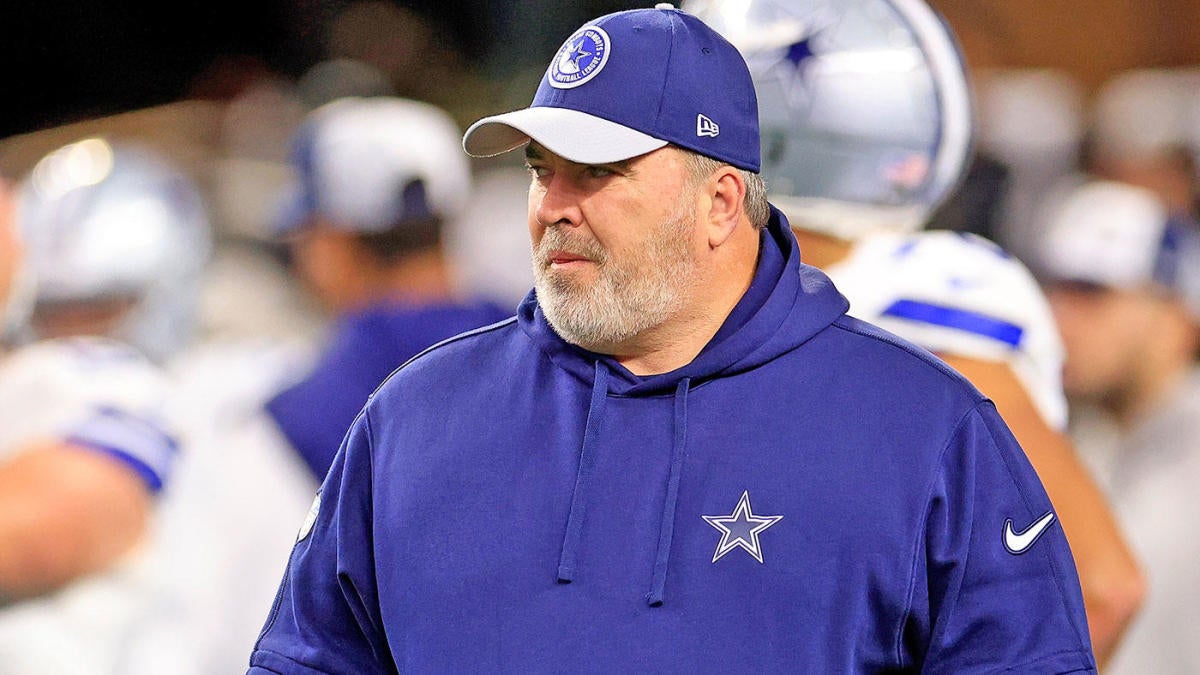
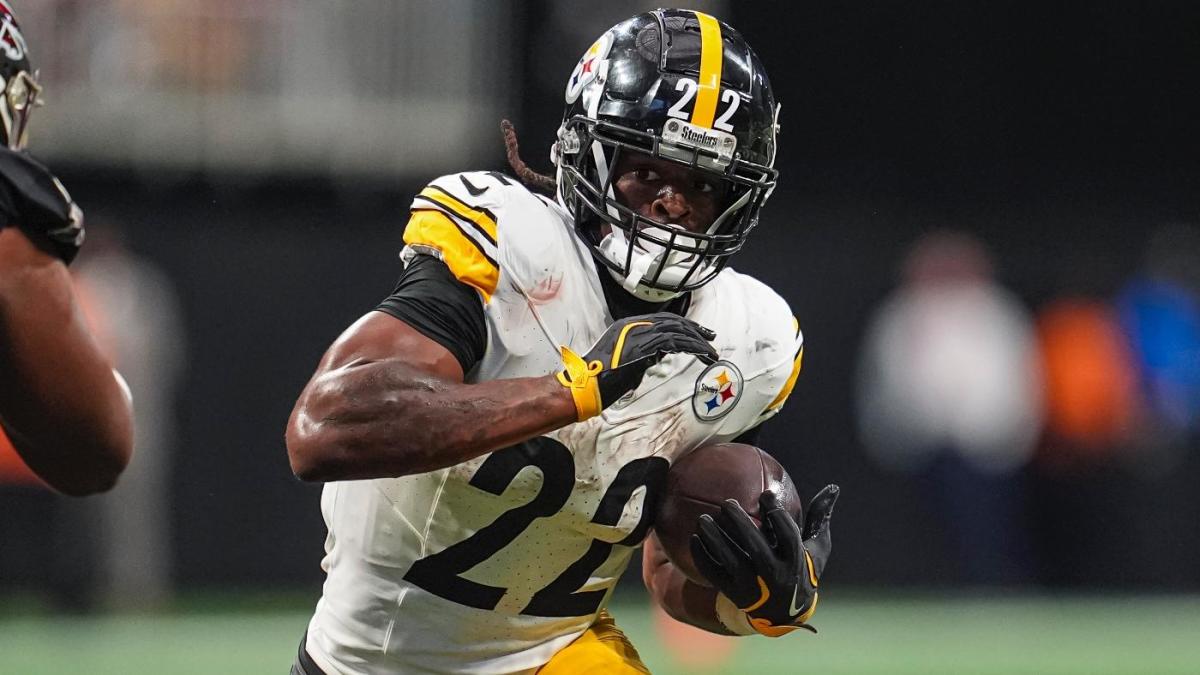
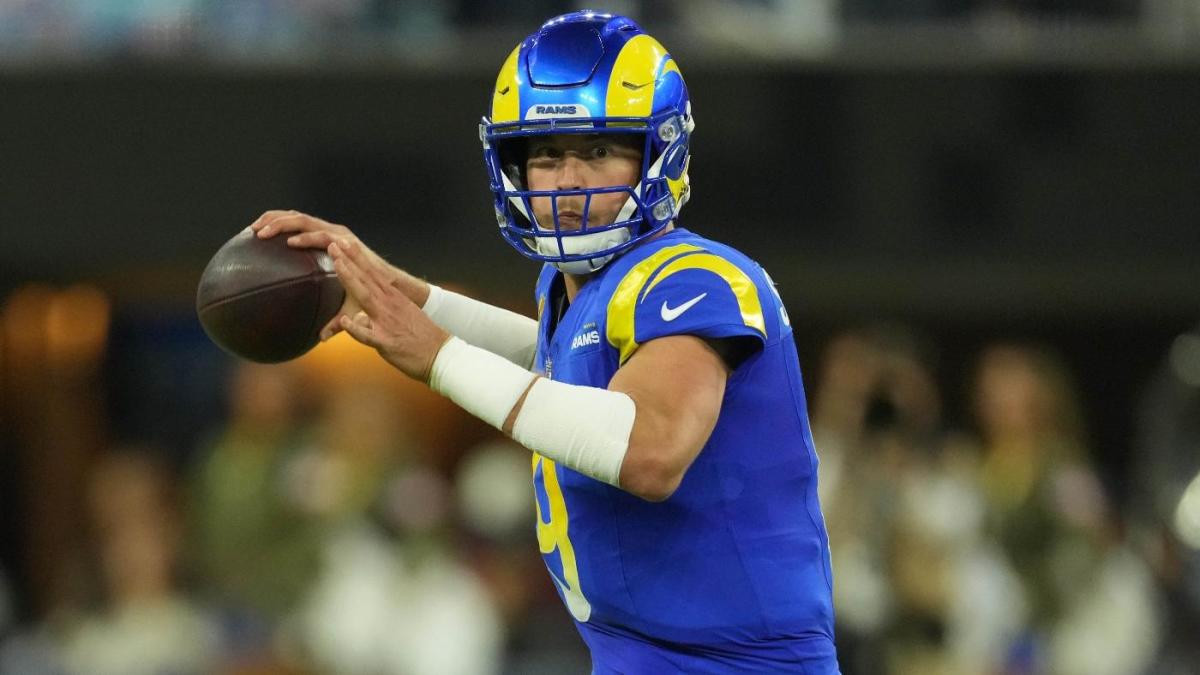
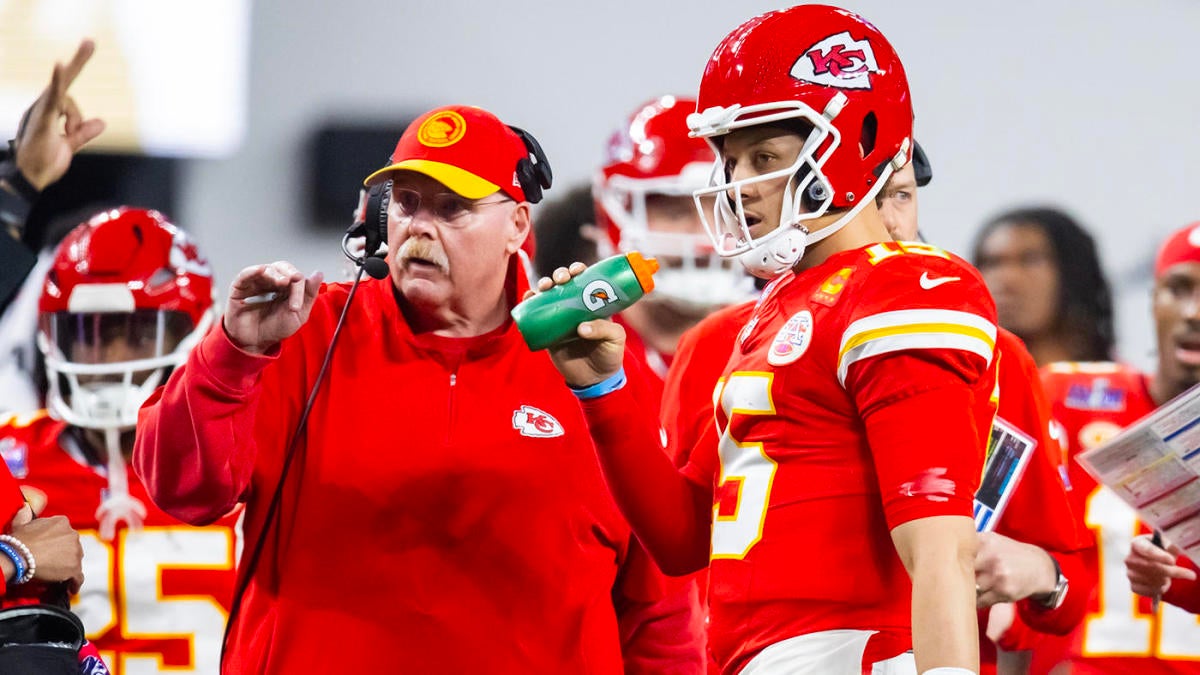
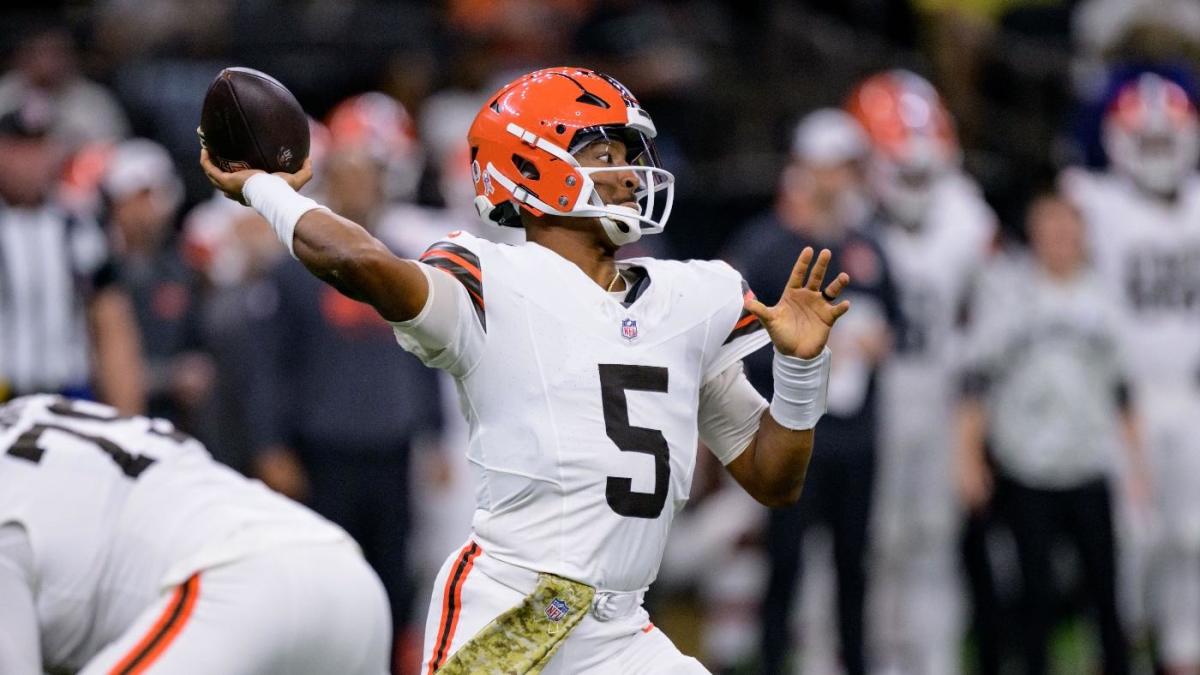
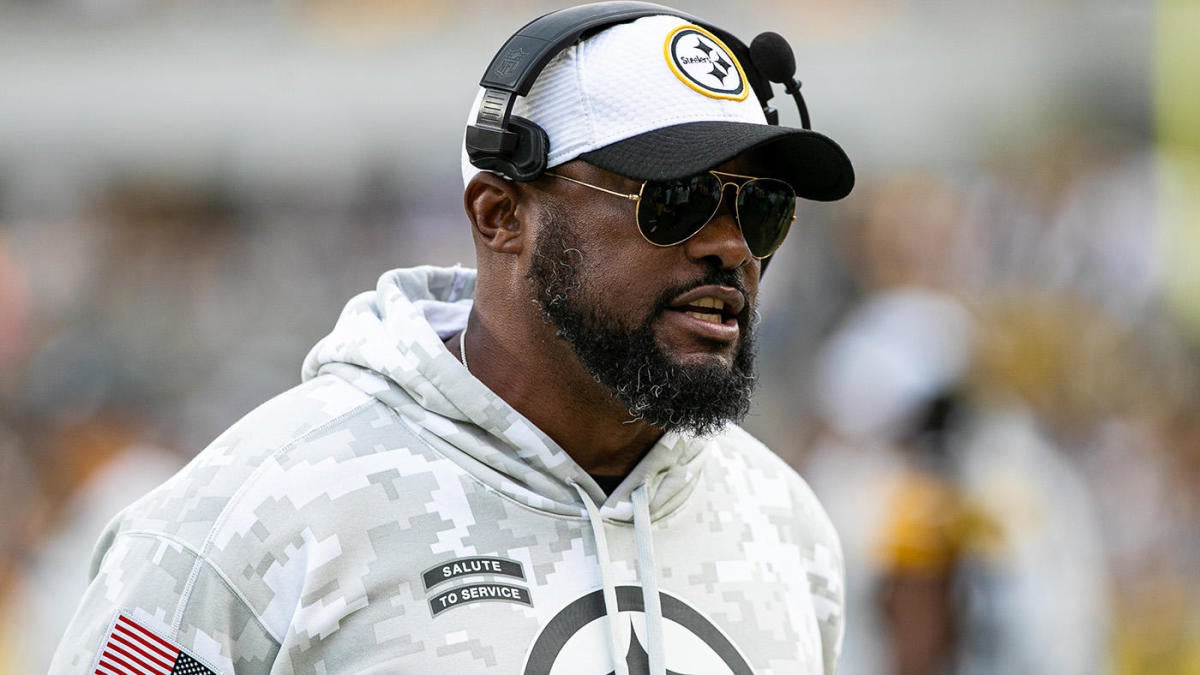
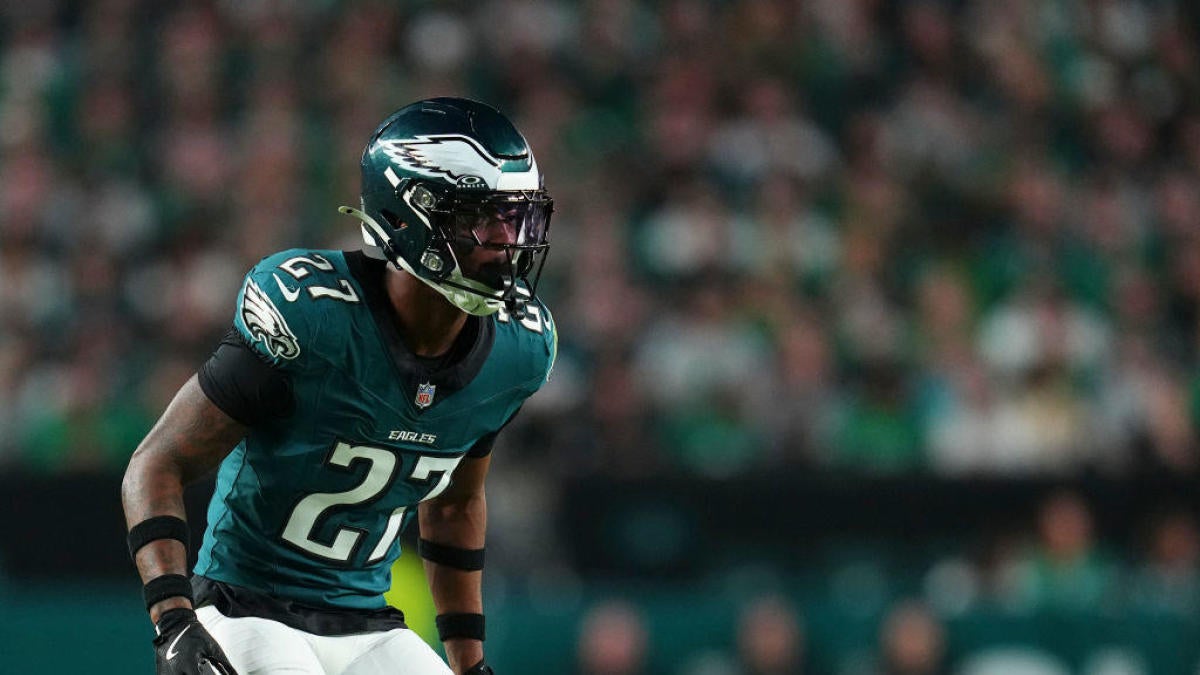
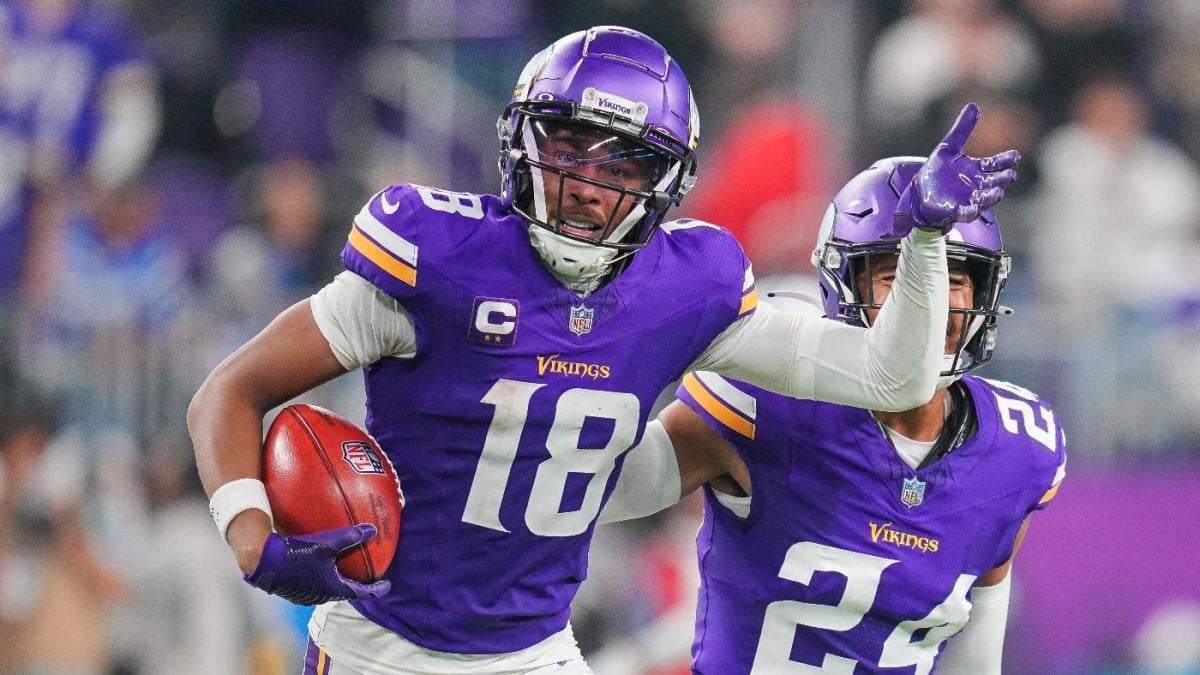

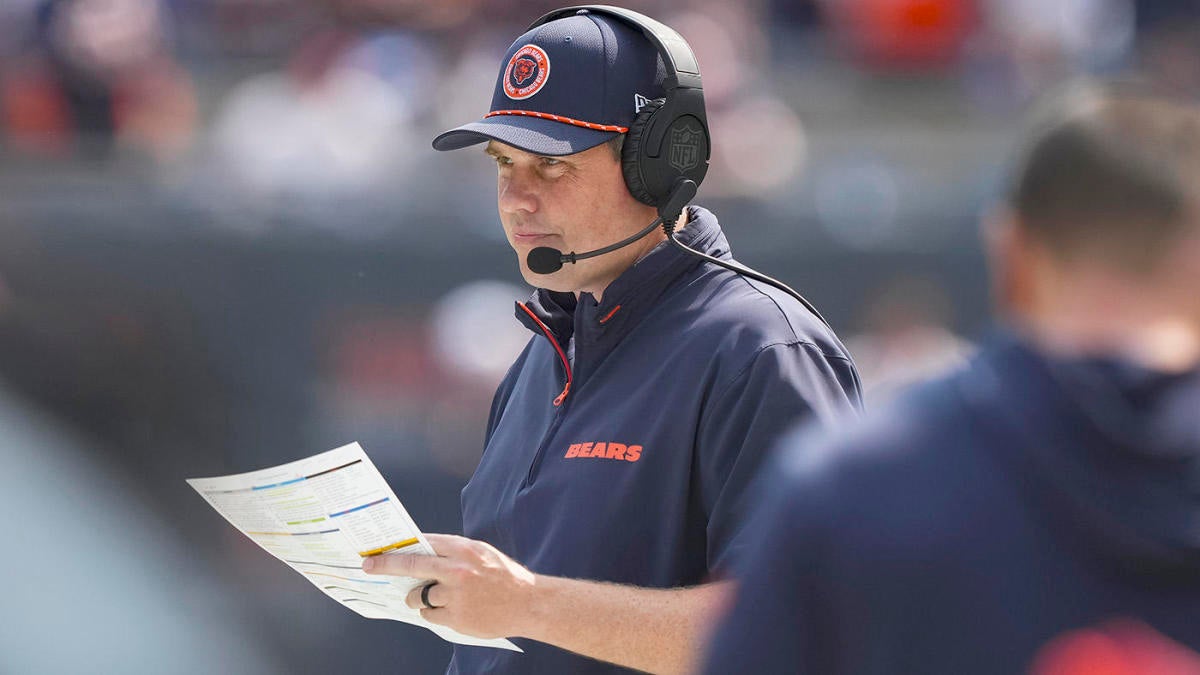
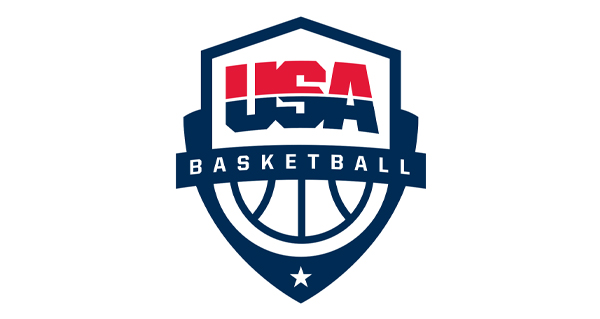
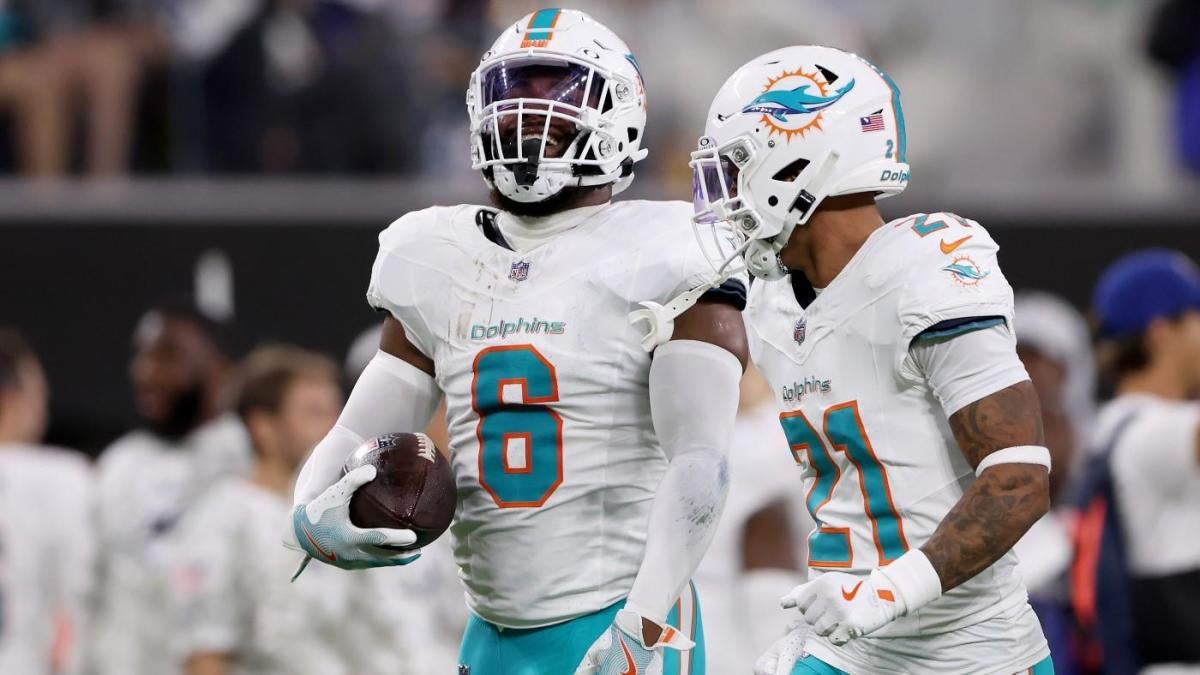
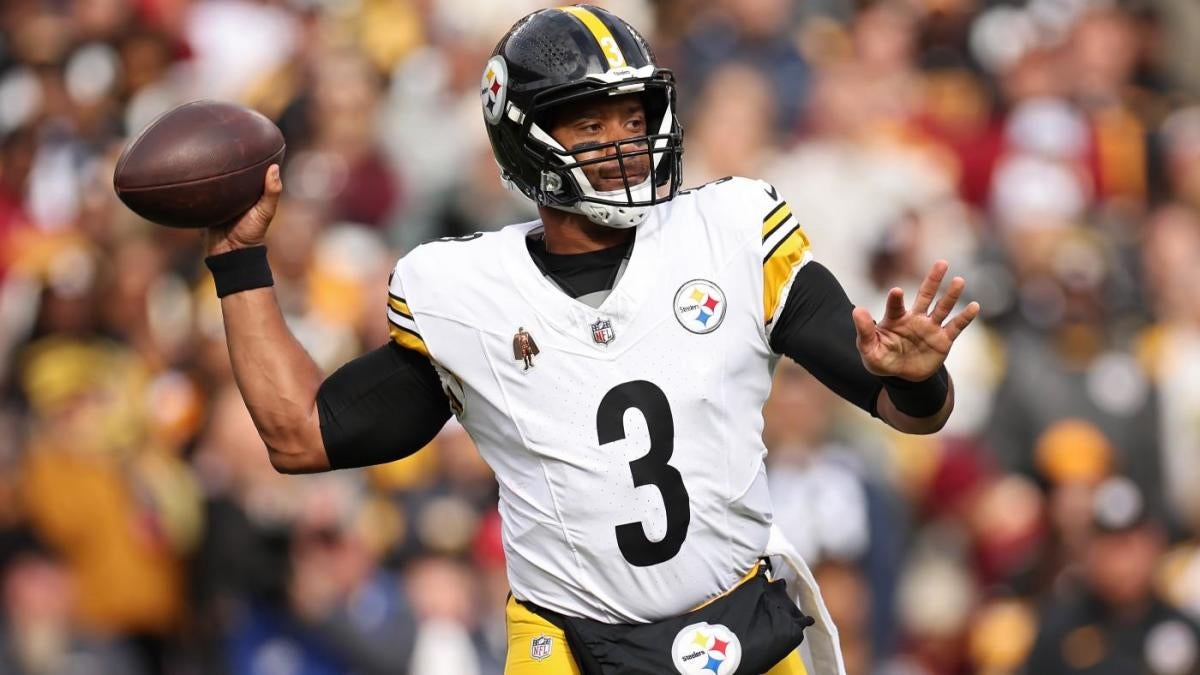

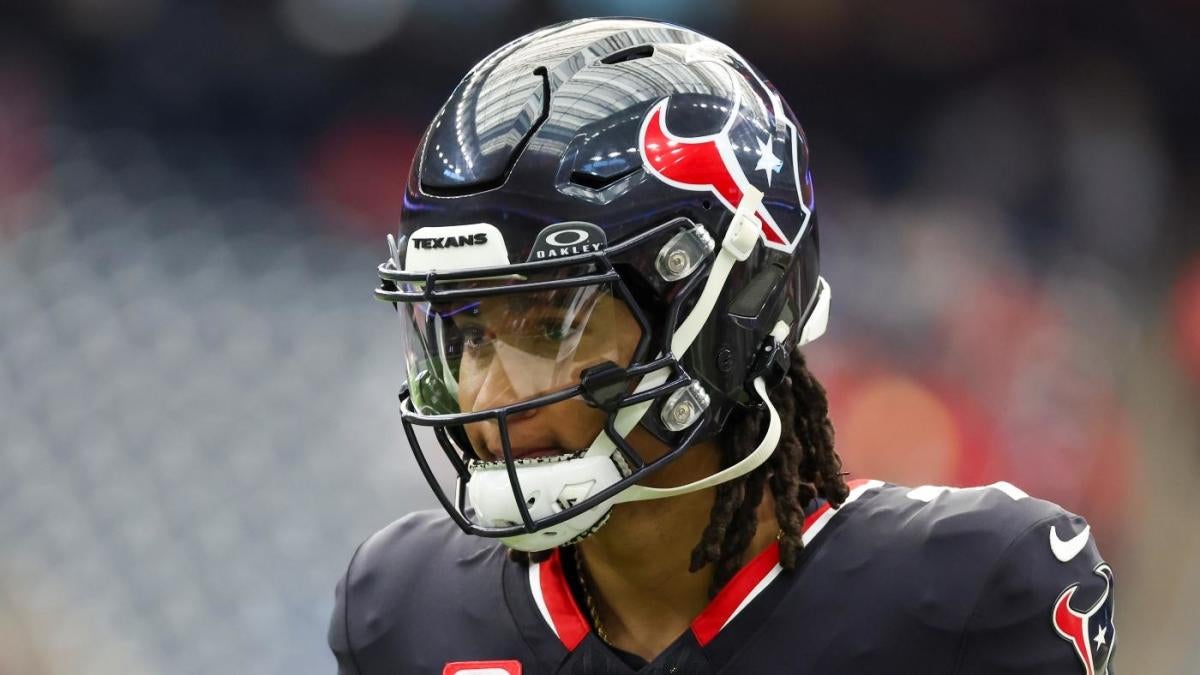
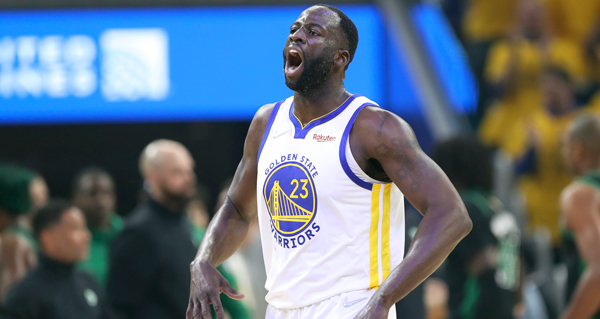




![Geno Auriemma after breaking NCAA basketball record for most wins [FULL INTERVIEW] | SC with SVP](https://i3.ytimg.com/vi/r2RTnjiXpD8/hqdefault.jpg)






